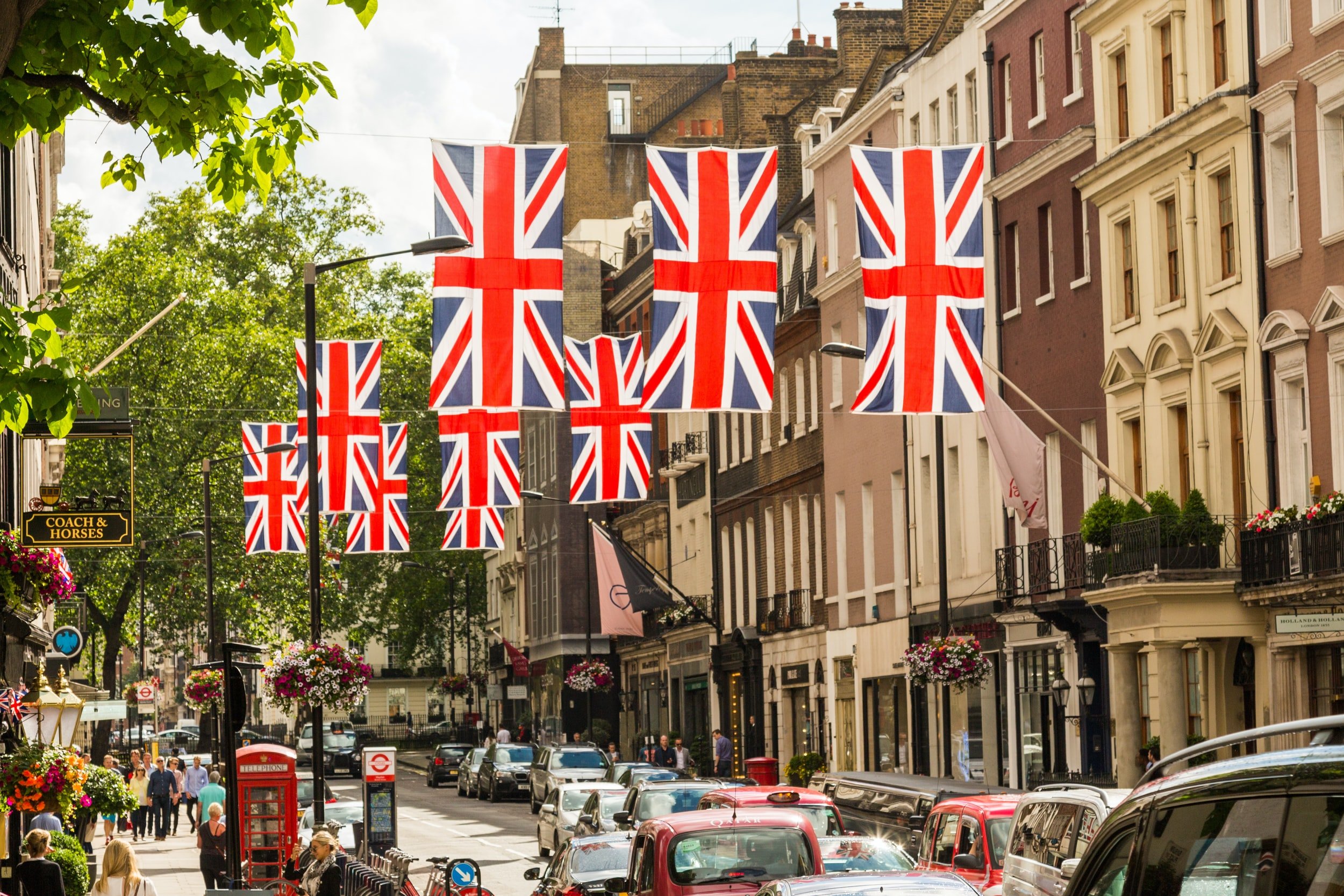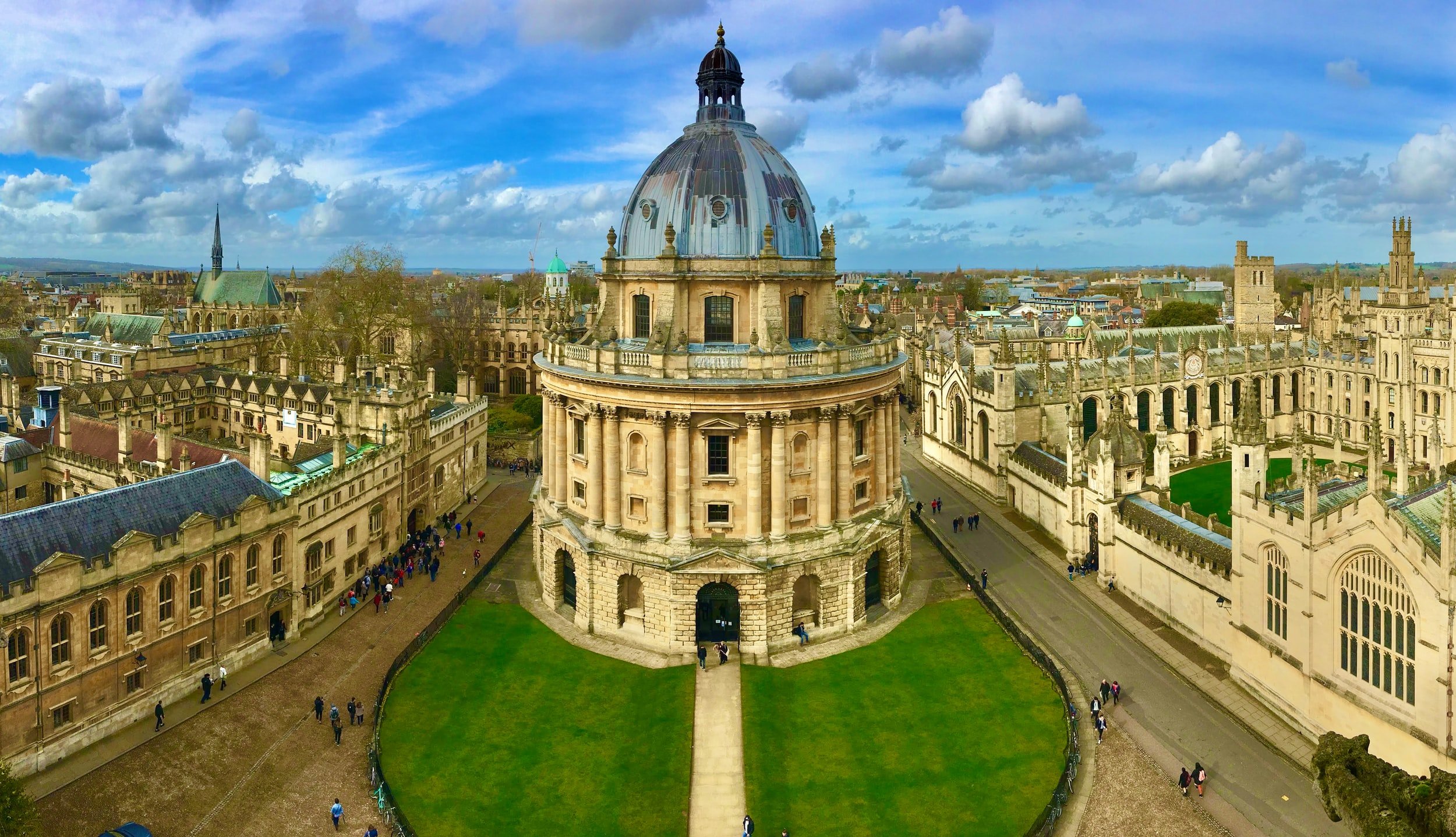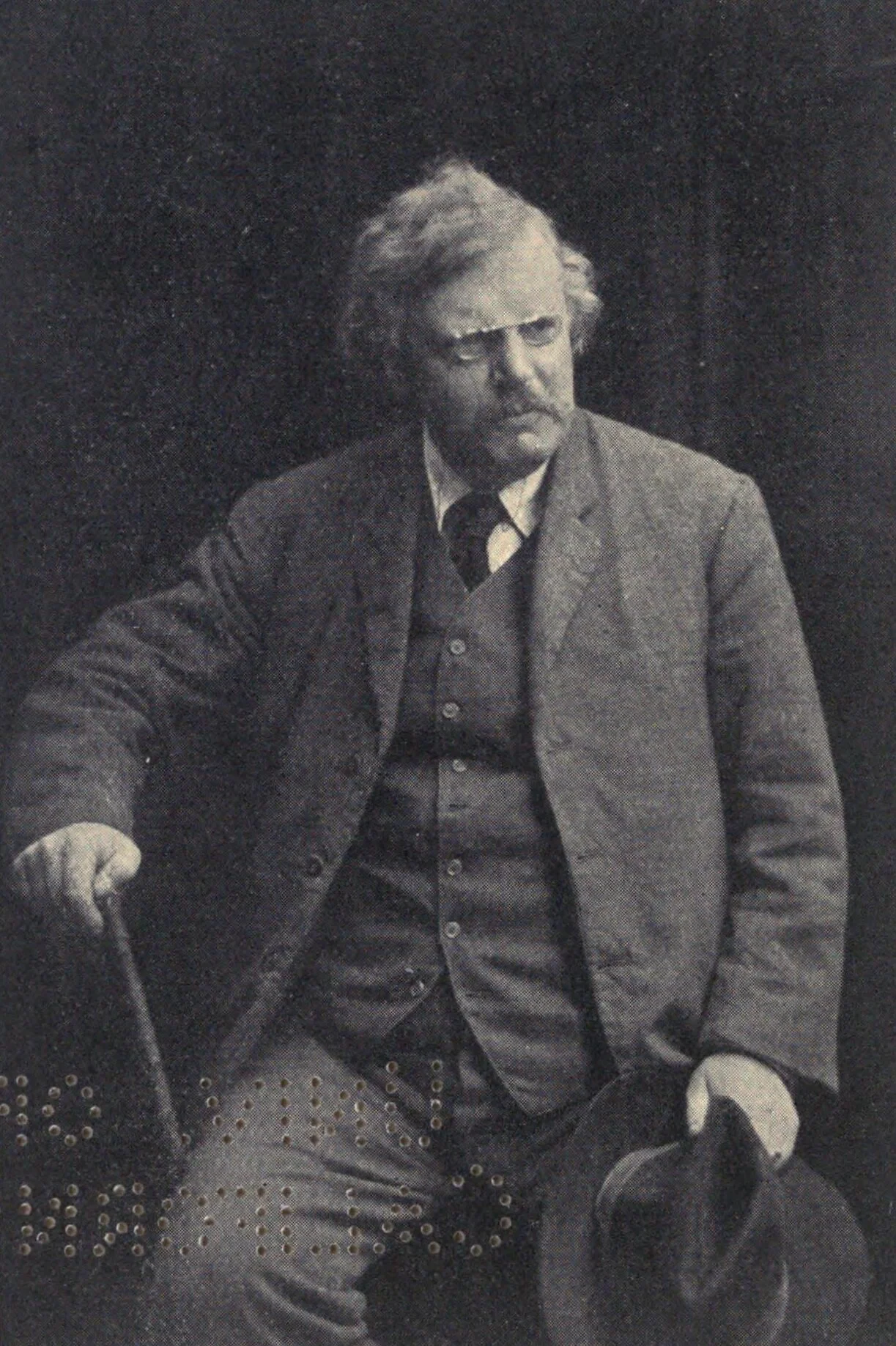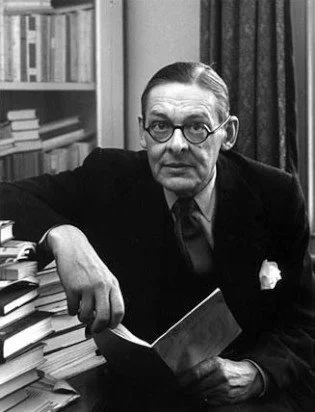
What is social conservatism?
From the outset, it is important to recognize that defining social conservatism is not an easy task. This is because conservatism is not a political theory that can be read and applied like Marxism or capitalism; nor is there a seminal text that must be read and digested or studied and absorbed to grasp its meaning. Thus, it becomes easier to describe conservatism as an instinct – one that seeks to protect the good things we have inherited; that recognizes society functions better when its institutions work well together; and values that there cannot be freedom without order.
This does not mean that the social conservative is afraid of change or stuck in the past; but rather that progress has to be at a human pace and for the preservation of what we have – not for its own sake.
Social conservatism is an inherently sensible choice for ordinary people because it ought to be tempered by a positive view of society – one that brings people together and unites them, rather than separate and divide. It cannot be defined by heavy condemnation and rigid prejudices nor is it just a narrow cluster of views that will do nothing to repair the structural voicelessness of the working classes and their shattered place in society.
Instead, social conservatism must be interested in promoting the rebuilding of communities and the subsequent reorientation of society around them; it must recognize the strength and importance of the family as a social institution; and it must present a coherent alternative to the postmodern obsession with identity and culture.
There is more to our convictions than just advocating for tougher prison reform and longer sentences; or harsher foreign policy and greater border control; or louder domestic patriotism and national pride. Social conservatives don’t idealize a golden moment in time or wish to drag Britain back to a fixed moment in time, but do seek to remove the stigma that surrounds the principles of law and order; community and civility; marriage and the family; and beauty and tradition.
What motivates our desire to do this is a firm conviction that the British people are a culturally conservative people who require an authentic and compelling presentation of social conservatism to be made to them. We recognize that many of the electorate perceive politics to be broken and vehemently believe that the government does not deliver for them – sensible people in ordinary circumstances. But we are here to make the case and engage with non-traditional Tory voters and help them discover their innate conservative identity.
If you wish to read more about social conservatism, please consult our Manifesto where you will find policy suggestions that we propose for immediate implementation.
The Orthodox Conservatives are fast becoming the largest network for next generation social conservatives in Britain. Join us in our work today.




